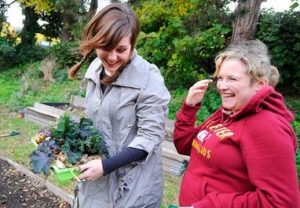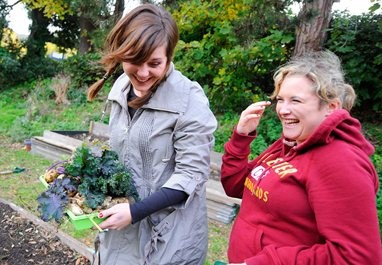
The University of Brighton has looked beyond traditional NHS and social care placements for their occupational therapy students, in order to prepare them for the more diverse environments in which they are increasingly working. It also ensures that the future workforce working with individuals, groups and communities to enhance the health and well-being of the wider population.
The placements have provided novel, powerful learning environments, allowing students to flourish and graduates to access wider employment opportunities. These placements also introduce an occupational perspective to areas of practice where occupational therapists do not currently work. This initiative has been commended for it’s innovative approach and as a result of its success, the Physiotherapy and Podiatry courses at the university are now embedding diverse placements into their curricula.
In Short:
- Each year around 60 students benefit from this initiative.
- Around 150 Physiotherapy and Podiatry students will also be soon accessing the benefits of these placements.
- The University of Brighton works with over 50 external organisations to identify appropriate placements, including homeless teams, refugee services, nursing homes, and charities.
- New modules were developed with placement learning outcomes corresponding to the needs of professional bodies.
- Workshops were delivered to upskill practice educators, and to pre-prepare students for their placements.
- Five research papers have been published highlighting the value of the initiative and led to other universities utilising this novel placement approach.
Both students and practitioners have seen real tangible benefits from involvement in these placements. For students, working in new settings, where they had to work things out for themselves, rather than relying on existing ways of doing and thinking, allowed them more autonomy. This enabled them to develop an authentic professional identity of their own making, giving them a real passion for their profession.
The University of Brighton’s Head of Counselling and Well-being, who worked with students on placement said, “The students have helped colleagues to understand the range of options occupational therapy can provide and brought much more sophisticated ways of thinking and working than we could ever have hoped for. I’ve certainly found myself considering the endless possibilities of what OT could provide to the world of student support”
Off the back of these innovative placements, Dr Channine Clarke has also launched a national conference and a new website to provide on-going support for the occupational therapy workforce in diverse settings. This has proved useful for academics, students and practitioners from other universities around the country. One user said “I came across this webpage through an article I was reading earlier this month and I am so pleased it exists! I just wanted to say thank you for providing helpful information about CPD. Reading about other non-traditional roles has made me feel less anxious about doing what I’m doing!”

